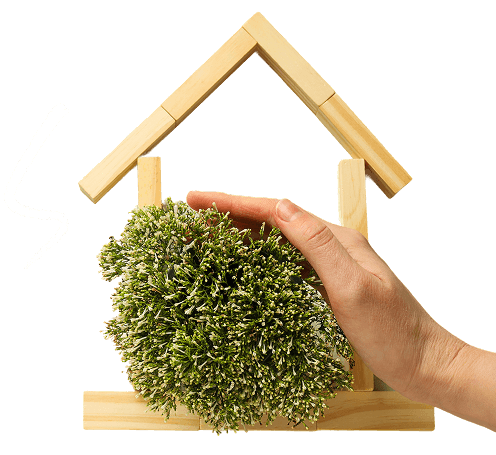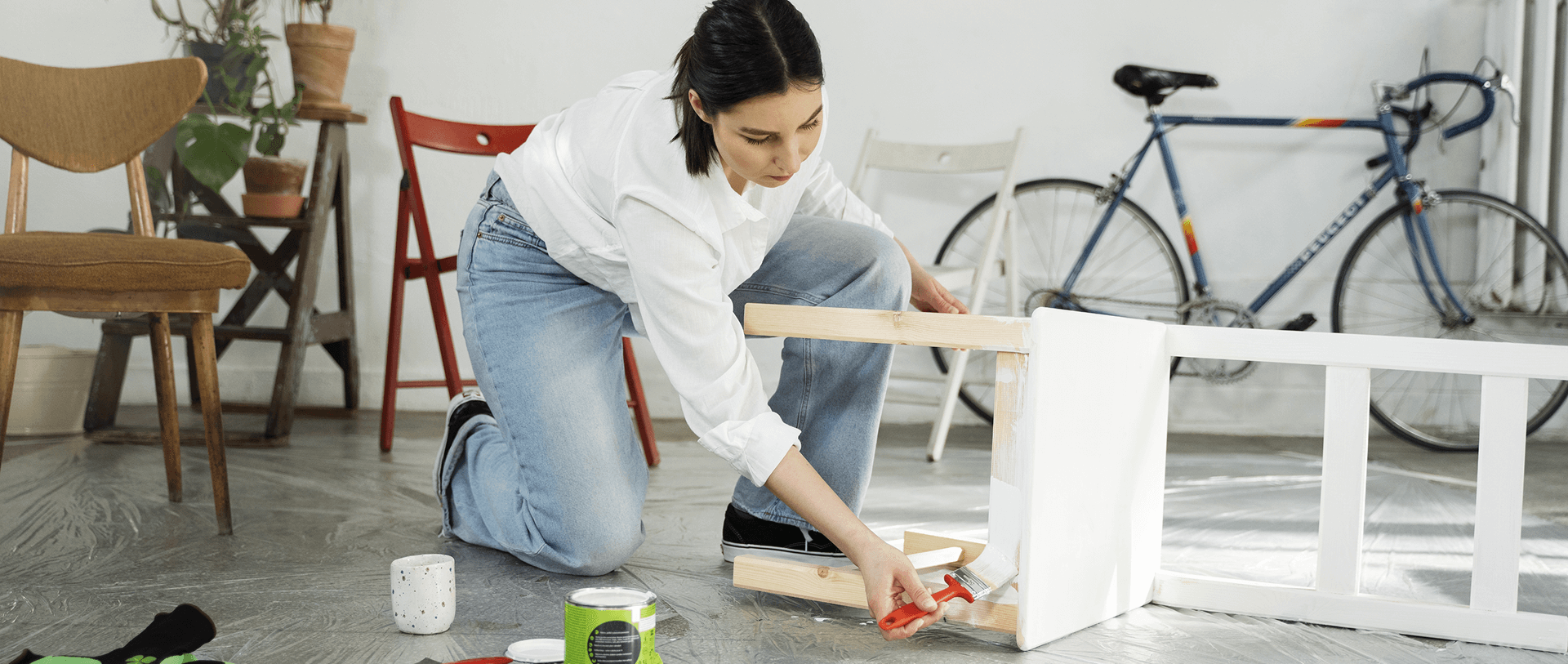
Make Room for Better Living.
Flexible Home Improvement Loans
From new floors to full renovations, Max Cash® helps you find personal loan offers that match
your budget — fast, simple, and stress-free. No home equity needed. 5

What is a Home Improvement Loan?
A home improvement loan is a type of personal loan used to fund renovations, repairs, or upgrades — without needing to tap into your home’s equity.
Whether you’re remodeling your kitchen, fixing a leaky roof, or just refreshing your space, these loans let you borrow a lump sum and repay it in fixed monthly payments. 4 5
At Max Cash, we connect you with lenders who make it simple — even if your credit isn’t perfect. 2 5
Can I Get a Home Improvement Loan with Bad Credit?
Yes, it is possible. At Max Cash, we work with lenders who look beyond just your credit score — considering things like income and other pertinent factors. That means you still have a shot at securing the funds you need for repairs, upgrades, or renovations. 5
No judgment. No endless rejections. Just real options. 5
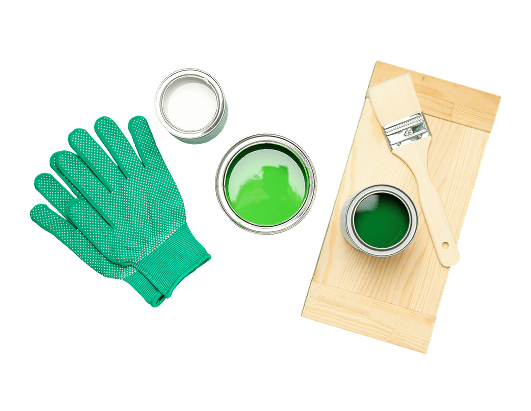
How Max Cash® Can Help You Get a Home Improvement Loan Without the Hassle
We make borrowing simple — no confusing forms, no dead ends, no credit shame. Here’s what sets Max Cash® apart: 2 5
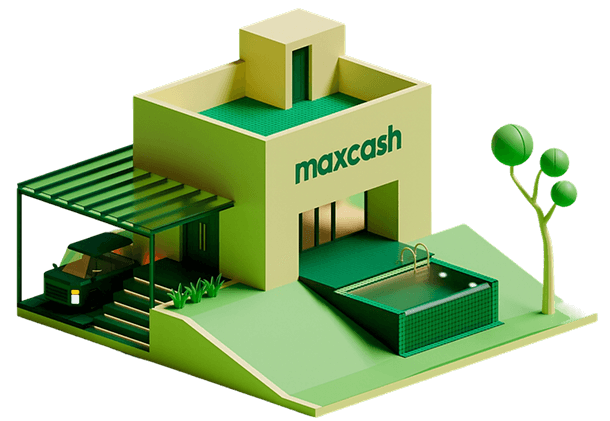
You Tell Us What You Need
Fill out one quick form to get started. 2 5
We Show You Personalized Offers
Get matched with loan options from lenders who work with different credit types.
You Choose What Works Best
Compare rates, terms, and amounts.4 Accept the one that fits your goals — or walk away. No pressure, ever.
Real Support, No Scripts
Questions? Concerns? Our support team speaks human — not robot — to help connect you with optimal solutions. 5
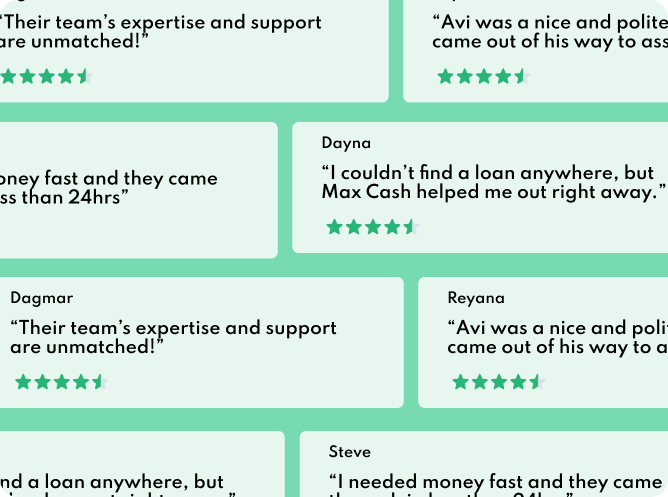
Why Choose Max Cash for your $100 loans
Max Cash has serviced over 13 million people nationwide. With real-human customer support standing by 24×7 and over a decade of experience connecting consumers to premier financial services, we are committed to striving for excellence in assisting your financial needs.
Home Improvement Loan
Frequently Asked Questions
The best loan for home improvements depends on several factors, including your credit score, how much equity you have in your home, the size of the project, and how quickly you need the funds. Common options include home equity loans, HELOCs (Home Equity Lines of Credit), personal loans, and cash-out refinancing. A home equity loan is ideal for large, one-time renovations (think bathroom or kitchen renovations) and offers a fixed interest rate, but it requires significant equity and puts your home at risk if you default.
A HELOC is more flexible for ongoing projects and allows you to borrow as needed, though it often comes with variable interest rates. Keep in mind that with HELOCs and home equity loans, you will have to wait a few days to finalize the underwriting process, and there is more time to receive your funds because the payment needs to be processed. Personal loans are unsecured, so they’re faster than HELOCs, and don’t require home equity as collateral for the loan.1 5 Cash-out refinancing can be also beneficial if you’re also looking to refinance your mortgage.
Eligibility criteria for home improvement loans will vary depending on the type of loan. Different lenders will have unique credit criteria, meaning that your current score should meet or exceed their lowest acceptable number in order for you to receive approval.5
Lenders will also consider your debt-to-income (DTI) ratio, which typically should be below 43%, and your income stability. For secured loans like a HELOC or home equity loan, you’ll generally need at least 15–20% equity in your home. In all cases, you must be the legal owner of the property being improved (or be in the process of purchasing it).
For unsecured personal loans, the credit criteria is more lenient in some cases, and you do not need to use an asset to secure the loan, so there is no equity requirement.5
The repayment term of a home improvement loan depends on the loan type. Personal loans typically range from 1 to 7 years depending on the terms of the lender and the loan agreement.5 Home equity loans can offer terms from 5 to 30 years, allowing for more manageable monthly payments on larger projects with higher funding amounts. HELOCs usually have a 10-year draw period for the line of credit, during which you can borrow as needed, followed by a repayment period of 10–20 years.
Whether a home equity loan or a personal home improvement loan is better depends on your financial situation. A home equity loan is secured by your property, so it usually comes with lower interest rates and larger loan amounts, making it ideal for major renovations. However, it requires you to have sufficient home equity and carries the risk of foreclosure if you fail to repay.
On the other hand, a home improvement loan (typically a personal loan from a direct personal loan lender) is unsecured, so it’s faster and doesn’t risk your home, but loan amounts can be lower in comparison to home equity loans. It’s often a better fit for smaller or mid-sized projects when speed or lack of home equity is a concern for the borrower. 1 5


